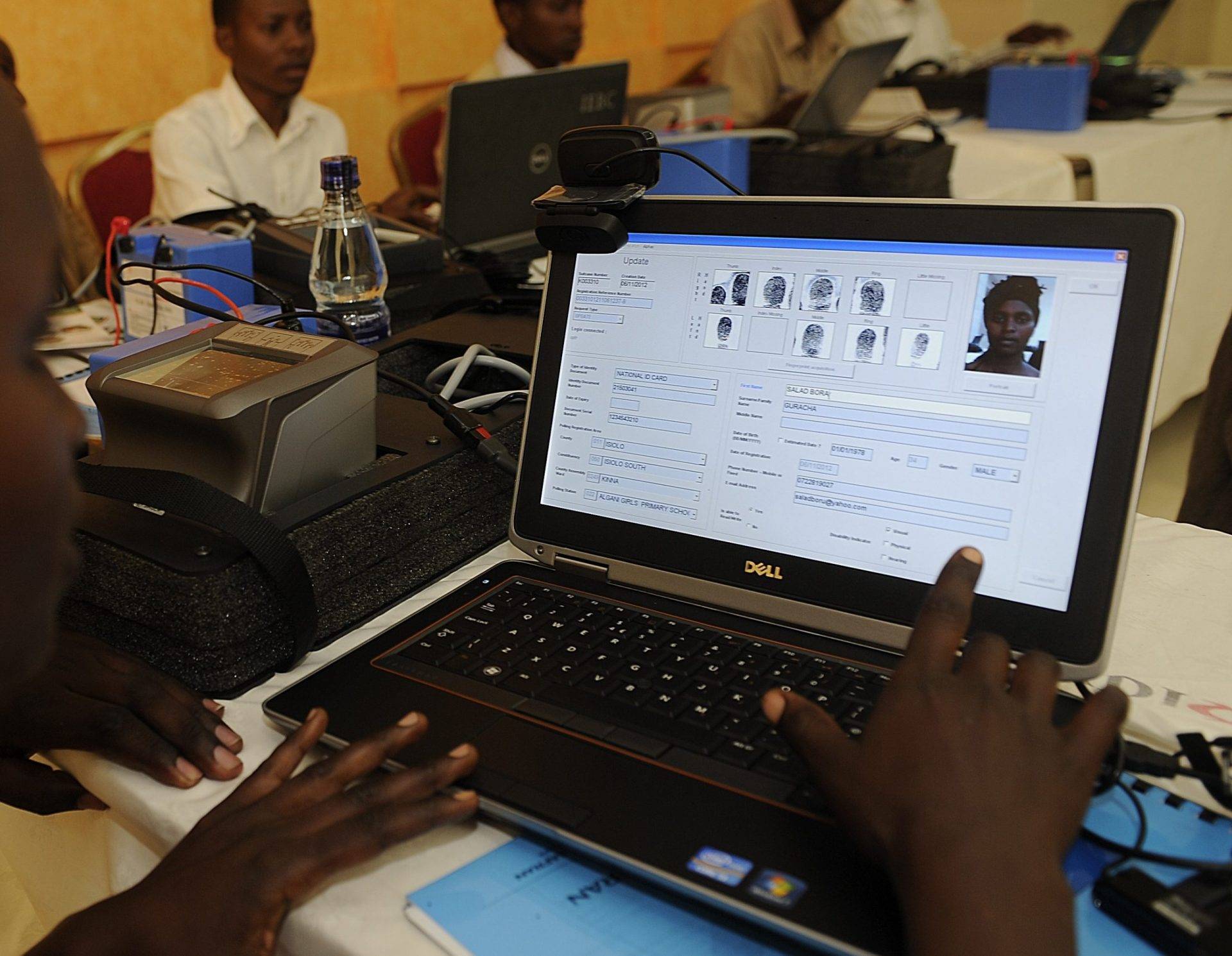Economic and Social Goals Could be Missed Due to Lack of Citizen Data in Africa

There are critical legal identification gaps in Africa that could lead to lopsided development policies and drive down economic growth, the United Nation’s Economic Commission for Africa has reported.
“Without knowing the numbers and characteristics of the residents of a country, governments cannot plan neither can they craft adequate policies or monitor progress. This steers us further away from achieving our human development commitments as set out by the Africa Agenda 2063 and the 2030 sustainable development agenda,” Vera Songwe, the Executive Secretary of the Economic Commission for Africa said.
Songwe also said that the paper-based civil registration is not enough and it is vulnerable to manipulation and loss than digital registrations methods. In addition, manual registrations force citizens to cover great distances to get government services.
“This manual nature of civil registration databases in many countries limits their ability to support other important government functions, therefore, contributing to their under-resourcing and underutilization by governments,” she said.
According to a World Bank report, The State of Identification Systems in Africa many countries in Africa lack robust citizen registration models and lack laws to address the gap.
“In most countries, accessibility of identity systems and services is low; only a few countries have achieved substantial coverage in both civil registration and identification,” the World Bank observed.
“A number of persistent barriers have limited accessibility and coverage, including high direct and (particularly) indirect costs to users, complex legal and administrative requirements, paper-based records systems that are vulnerable to damage, geographic constraints including difficult terrain and sparse populations, and a lack of demand from users,” the bank added.
It recommended that countries should, harmonize and modernize identity systems by empowering national identity coordinating agencies or authorities, adopting a unified approach to identity management, modernizing civil registries, and planning for international interoperability.
Feature Image Courtesy: Voice of America